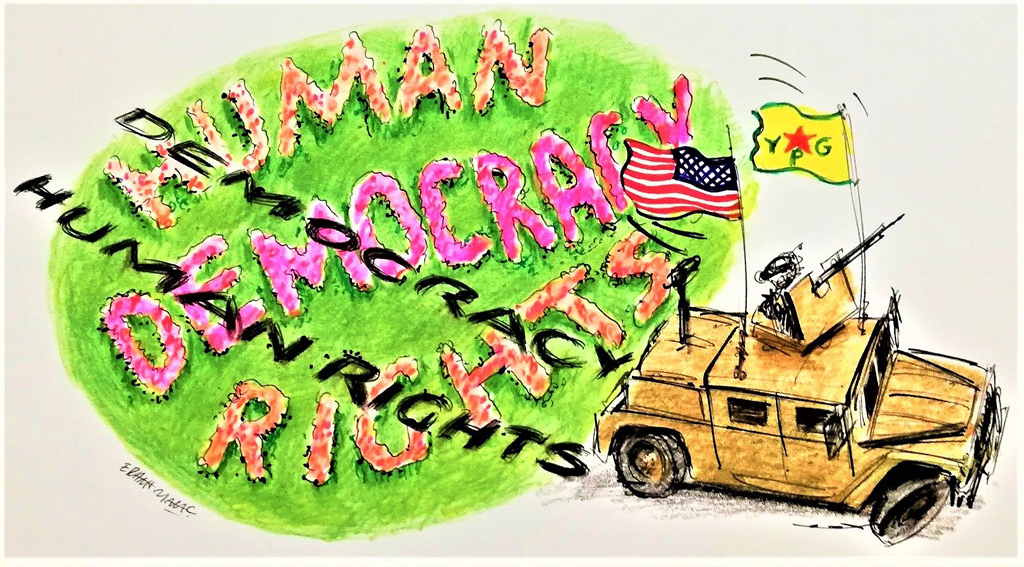The ideological tool
The Biden administration’s stated priorities indicate that the U.S. intends to use “democracy and human rights” as an ideological tool in great power competition. Noting that authoritarian regimes have become more powerful at the expense of democracies over the last two decades, Washington thus subscribes to a new policy of “democracy promotion.” That polarization between democracy and authoritarianism may not be defined as rigidly as it was during the Cold War. Indeed, Blinken said that they had learned from the failure of democracy promotion under previous administrations through military interventions and the use of force. Instead, Washington’s new policy will supposedly “incentivize democratic behavior” and “encourage others to make key reforms (and) fight corruption.” If the U.S. attempts to provoke opposition movement under that new policy, many countries may face the risk of domestic turmoil and instability. For the record, that method does not have merit – as we have learned in Iran and elsewhere. If Washington resorts to sanctions, however, as it did to target Russia and China, polarization between the great powers stands to deepen, as they compete more openly. The most interesting aspect of Blinken’s address was his emphasis on pursuing America’s “enlightened self-interest” through burden-sharing with allies and revitalizing partnerships. I am particularly fond and appreciative of the idea of enlightened self-interest. Washington’s main problem is that it treats its allies crudely and builds asymmetrical relationships with them. The United States is also willing to ignore the strategic losses of its allies to pursue its own tactical gains.How about with Turkey?
The strained relationship between Turkey and the U.S. in recent years encapsulates that problem best. Washington believes that it can support the YPG, the designated terrorist organization PKK’s Syrian branch, to prevent U.S. military casualties in the fight against Daesh. It also maintains that the ringleader of the Gülenist Terror Group (FETÖ), a terrorist entity that was responsible for the July 15, 2016, coup attempt in Turkey, gets to live in rural Pennsylvania. The United States, too, finds it acceptable to target Halkbank, a Turkish bank, based on the claim that it violated U.S. sanctions on Iran. America’s “strategic partner” may be removed from the F-35 fighter jet program and subjected to Countering America's Adversaries Through Sanctions Act (CAATSA) sanctions over its purchase of the S-400 air defense system from Russia – because Washington blocked the sale of the Patriot system to Turkey. The Biden administration should formulate its Turkey policy with an eye on Ankara’s priorities. The relationship must reflect the enlightened self-interest of both parties. Specifically, Washington needs to appreciate that Turkey did indeed “defend democracy” by fighting three terrorist organizations and absorbing the negative side effects of civil unrest in Syria and Iraq. If the letter that 54 senators sent to Biden and a second letter, which more than 170 representatives wrote to Blinken, were parts of this new policy of democracy promotion, that policy will amount to nothing except sugarcoat America’s selfish interests. The U.S. cannot talk about Idlib and talk about delivering humanitarian aid to Syria in an attempt to whitewash the YPG. It is useful to remember that anti-Turkey figures in the U.S. Congress are taking steps to derail the Biden administration’s overdue Turkey policy.
[Daily Sabah, March 8 2021]







